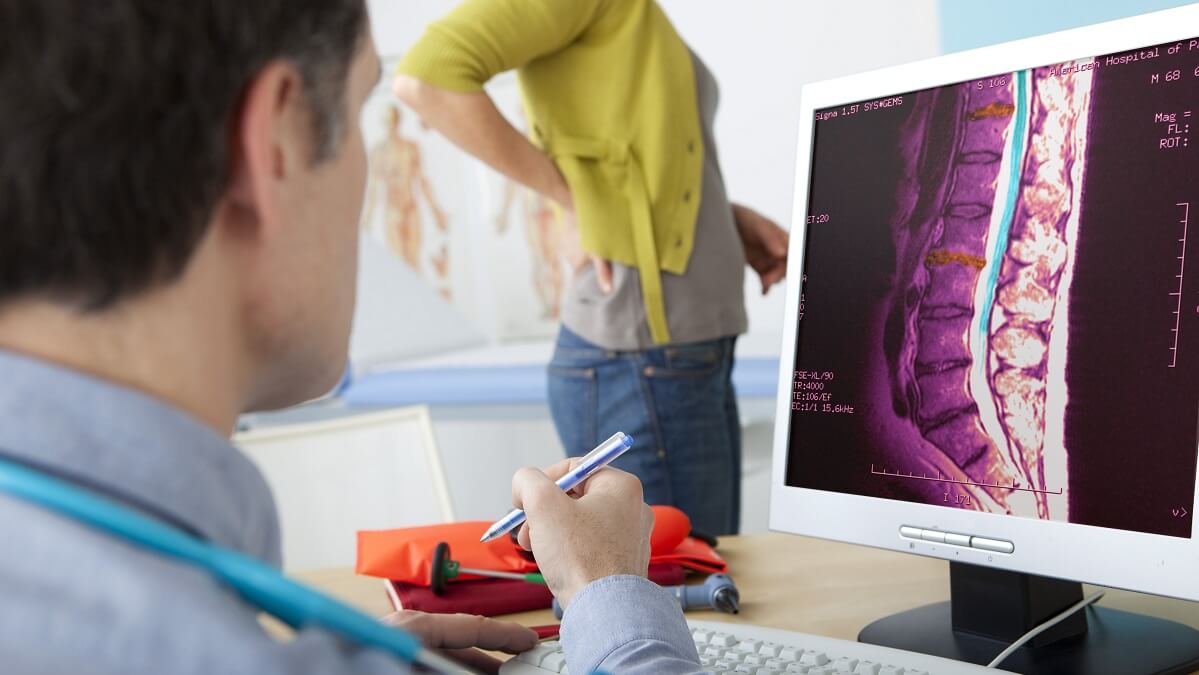Do you have pain, numbness, or fatigue in the buttocks or legs? Worse when standing or walking? Better when sitting or leaning forward? There could be a study for you!*
What is the SUcceSS Study about?
Lumbar stenosis occurs when the space around the spinal canal in the lower back becomes narrow, pressing on the spinal nerves. Surgery to treat lumbar stenosis involves a general anaesthetic and a small incision* into the skin and muscles of the spine, to remove small portions of bone and ligament that are pressing on the nerves*. This type of surgery is called ‘decompression’.
You May Like
Currently there is no definite evidence that removing bone and ligament is required to improve pain and walking after surgery. While some patients who have this decompression surgery have relief from their symptoms, others do not, and we do not understand why*.
To see how important the removal of bone and ligament is, we are performing a study that compares two types of spinal surgery; one that includes bone and ligament removal and another that does not (placebo)*. The results will allow us to determine if the removal of bone and ligament during surgery (decompression surgery) is effective for the treatment of lumbar stenosis or not.
What is involved?
If you are eligible to join the study, you will have a 50% chance of receiving spinal decompression* involving bone and ligament removal (decompression surgery) and a 50% chance of receiving spinal surgery without bone removal* (placebo surgery).
After the surgery, we will then contact you to monitor your symptoms every 3 months over 2 years. Most of this contact will be conducted via telephone appointments.
How to participate
If you are interested in assisting with this important and exciting area of research, please contact the research team by sending an email to the following address.
Email: success-surgery.study@sydney.edu.au
SUcceSS has been approved by the South Eastern Sydney Local Health District Human Research Ethics Committee – HREC/17/POWH/601
Want to learn more? You can also visit the study website here*.
*This is a sponsored article. Items marked with an asterisk indicate we may receive a commission from clicks on these links—at no extra cost to you. This helps support the running costs of YourLifeChoices. Thank you for your support!


